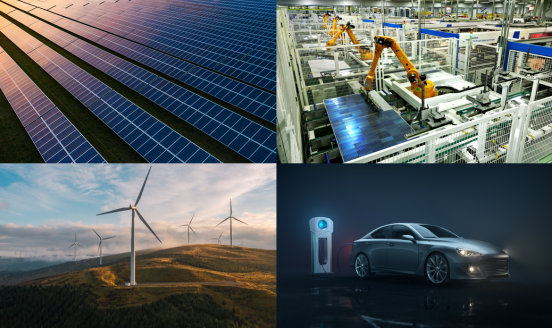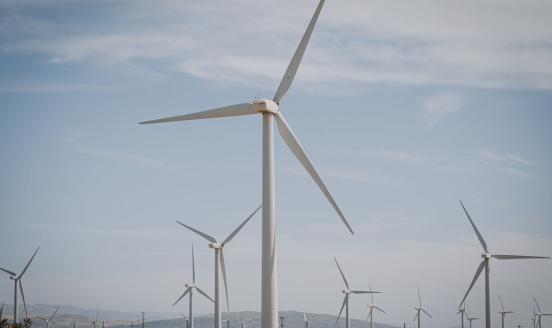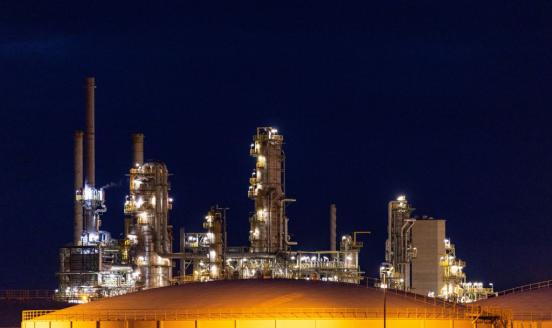The EU antitrust case: no big deal for Gazprom
Earlier this week, the European Commission presented the draft compromise reached with Gazprom regarding the antitrust case launched in April. Simone
The author would like to thank Georgios Petropoulos and Georg Zachmann for helpful comments. He assumes responsibility for all errors.
Earlier this week, the European Commission presented the draft compromise reached with Gazprom to end a probe into the Russian company’s alleged abuse of its dominant market position in Central and Eastern Europe.
This proposed amicable settlement comes two years after the European Commission sent a Statement of Objections to Gazprom, alleging that the company was:
- Hindering cross-border gas sales in the Baltic States, Bulgaria, Czech Republic, Poland, Hungary and Slovakia, by imposing territorial restrictions in supply agreements with wholesalers and industrial customers;
- Charging unfair prices in the Baltic States, Bulgaria and Poland, by applying territorial restrictions in relevant contracts;
- Making gas supplies conditional on obtaining unrelated commitments from wholesalers concerning gas transport infrastructure, such as the South Stream project in Bulgaria and the Yamal pipeline in Poland.
Gazprom responded to these three allegations by, respectively, committing to:
- Remove all contractual barriers to the free flow of gas in Central and Eastern European gas markets and to take active steps to enable their better integration (e.g. by removing export bans and destination clauses). Gazprom also committed to facilitate interconnection agreements between Bulgaria and Greece, and to create opportunities for more gas flows to the Baltic States and Bulgaria;
- Introduce competitive benchmarks, including Western European hub prices, into its price review clauses in contracts with customers in the Baltic States, Bulgaria and Poland. By giving the customers an explicit contractual right to trigger a price review when the prices they pay diverge from competitive price benchmarks, this should ensure competitive gas prices in these regions. Gazprom also committed to more frequent and efficient price reviews;
- Not to seek any damages from its Bulgarian partners following the termination of the South Stream project.
European Commissioner for Competition, Margrethe Vestager, declared that Gazprom’s commitments fully address the Commission’s competition concerns, and provide a forward-looking solution in line with the EU rules.
On the other hand, some Central and Eastern European stakeholders – such as the CEO of the Polish state-run energy company PGNiG – defined these commitments as highly insufficient.
From a market perspective, the draft compromise does not seem to represent a big deal for Gazprom. In fact, as anticipated in a previous Blog of September 2015, it seems to be in Gazprom’s own interest to amicably settle the issue in this way – for at least three reasons:
- Most obviously, to avoid an infringement decision that could ultimately fine the company up to US$ 8 billion (i.e. 10 percent of its global annual turnover in 2015);
- Without an amicable settlement, the European Commission would anyhow act to restore competition, by imposing measures to stop the harmful behaviour and reduce the risk of future violations. As Mariniello (2014) points out, ‘in some past cases in the energy sector, the European Commission required the dominant company to divest significant assets for capacity generation and favour competitors’ new investment.’;
- Commitments required by the European Commission are, at the end of the day, aligned with Gazprom’s own commercial interests. Europe has been Gazprom’s core market for five decades, and it will likely remain so in the future. The latest developments with China have indeed illustrated Gazprom’s difficulty to lessen its dependence on the European market. Up to 2020, large volumes of cheap LNG will flood international and European gas markets. Gazprom is aware of this forthcoming competition, and is gradually opting for a more flexible marketing approach. This is, for instance, illustrated by the 2015 auctions on the German market and the 2016 auctions on the Baltic markets. The commitments proposed to the European Commission therefore fit well into this new marketing strategy.
The European Commission has given seven weeks to all stakeholders to submit their views on Gazprom’s commitments. Taking into account the comments received, the Commission will then take a final decision on whether or not to finalise the deal with Gazprom.
Once finalised, the deal will become legally binding. Should Gazprom ever break its commitments, the Commission will thus always be able to impose the up-to-US$ 8 billion fine. However, there seems to be no reason for Gazprom to escape its promises, since they are basically well-aligned with its own interests.



